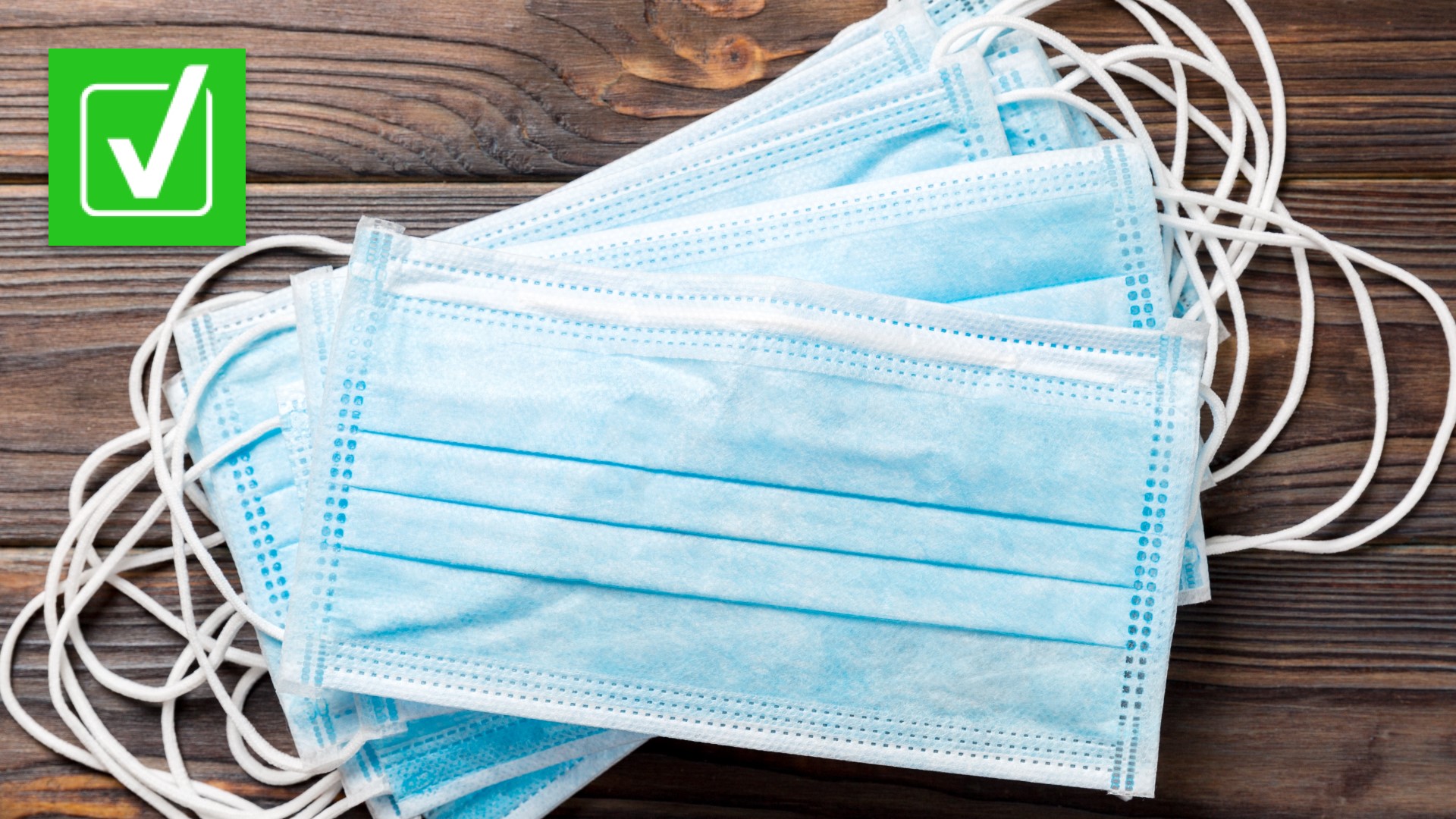CHARLOTTE, N.C. — Saturday, March 12, marks two years since the first reported COVID-19 case in Mecklenburg County.
Last week marked two years since the first COVID-19 case was reported in North Carolina. The virus was detected in someone who had traveled back to Wake County from Washington state.
Since then, North Carolinians have ridden a pandemic roller coaster of shutdowns, mandates, and evolving science on the virus.
As the country looks towards a life where the coronavirus no longer causes wild spikes and corresponding restrictions, health officials are shifting focus and guidance for endemic COVID-19.
1. How important the the "3 W's" still?
The "3 W's" were a pandemic mantra in North Carolina. Former Department of Health and Human Services Secretary Dr. Mandy Cohen repeated them daily, telling everyone to wear a face covering, wait six feet apart and wash one's hands frequently.
Sources
- The Centers for Disease Control and Prevention
- Dr. David Priest, Infectious Disease Specialist, Novant Health
Answer 1
Yes, masking, hand-washing and social distancing are still important, but their standards have changed somewhat since the beginning.
"I think pre-omicron, we felt pretty good about masking, surgical masking, cloth masking," Priest said. "But N95s and KN95s are more effective if you're trying to avoid omicron."
Those higher grade masks were initially encouraged for health care workers only, but the more-contagious omicron variant and larger supply of respirators moved federal health officials to relax that restriction.
Ventilation has also proved to be just as important a factor as six feet of distance between people, with outdoor activities generally regarded as the safest. Cramped, indoor activities with poor ventilation are the riskiest for spreading COVID-19.
2. How important is it to disinfect surfaces?
Early in the pandemic, many people began wiping down every surface touched, even grocery items. Should they continue to clean every surface?
Answer 2
No, people do not need to wipe every surface down for COVID-19 protection.
"In terms of the actual spread of COVID, that has not been a major issue," Priest said.
The CDC still recommends disinfecting high-touch surfaces like door knobs and surfaces an infected person has touched.
"At some point, we started to call that hygiene theater," Priest said.
3. With vaccines widespread and vulnerable groups among the most protected, are they still most at-risk from the virus?
Answer 3
Yes, people 65 and older, and those with pre-existing health conditions are still at higher risk for severe COVID-19.
"It's still the same," Priest said, noting that these groups can be less responsive to vaccines overall.
While the shots still help many, Priest notes that some patients dealing with underlying health problems and advanced age can still be susceptible to severe outcomes from the virus.
"We have individuals who are hospitalized who have had three doses of vaccine," Priest said. "But they tend to be much older, often are approaching 80 years old, have other health problems and they, frankly, just don't respond to vaccine."
Priest said the good news is the emergence of vaccines, treatments and therapies that can and have saved lives — options that were not available at the start of the pandemic.
A shifting mindset
Another concept that seems to have evolved over the last two years, is the idea that the world will beat COVID-19 by eliminating it. That appears to be replaced by the "endemic" concept, keeping the virus is manageable and relatively stable levels and learning to live with it.
Contact Vanessa Ruffes at vruffes@wcnc.com and follow her on Facebook, Twitter and Instagram.

